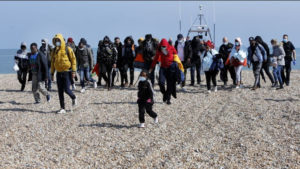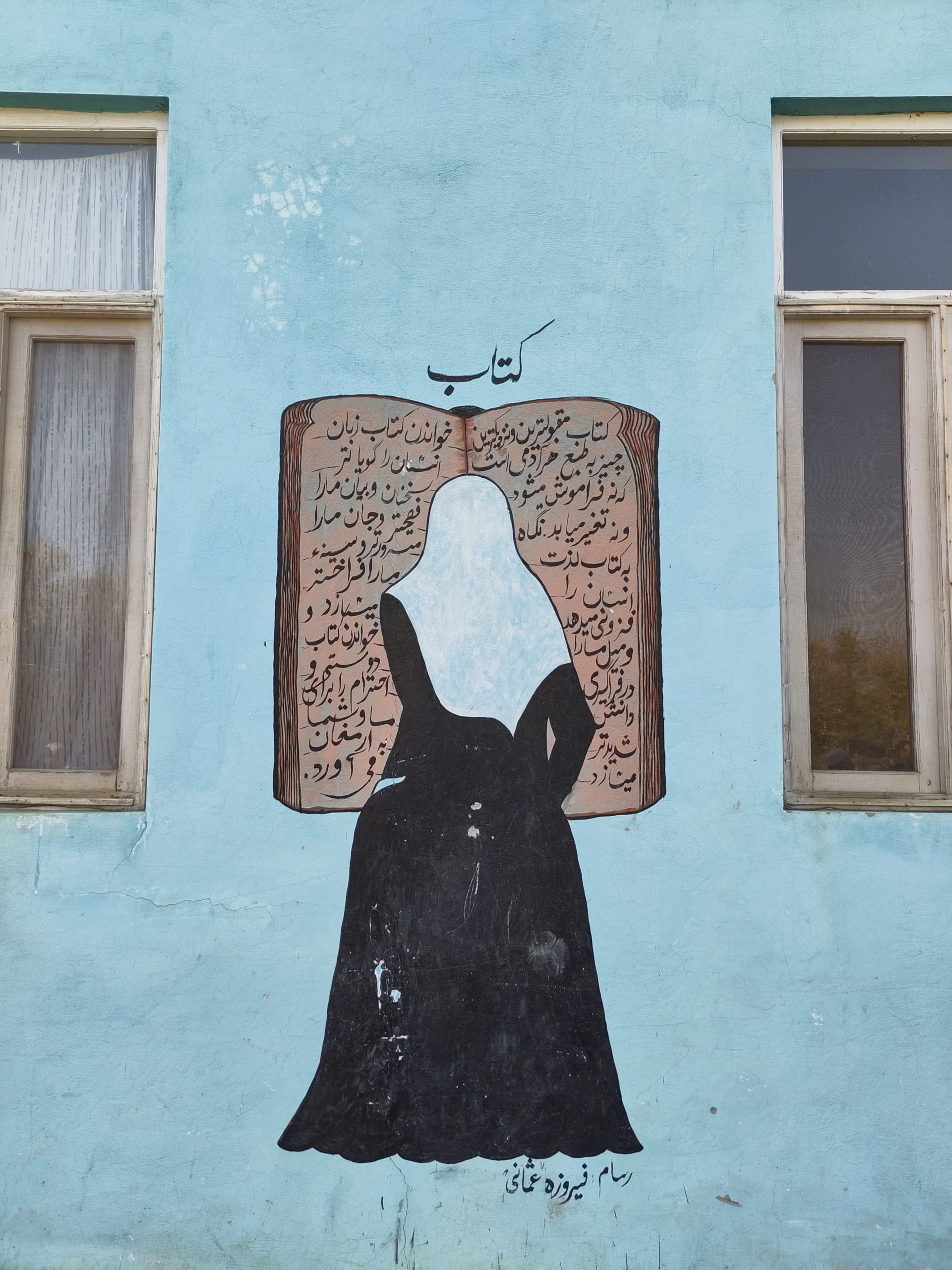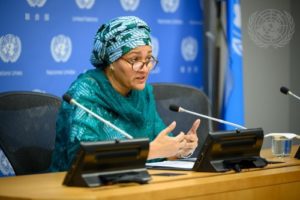16 July 2022
Dear Friends,
While media attention remains on Ukraine, UAI is shocked by atrocities wherever they occur.
This month features three very different stories, each demonstrating apparently shocking disregard for human life and dignity.
Syria – Threat to cross-border aid
On 10 July, the Security Council authorisation to use the one open border crossing (at Bab al Hawa) between Turkey and Northern Syria expired. The authorisation allows aid to reach more than 4 million civilians. Russia, as feared, vetoed a draft resolution to extend the authorisation for one year. Eventually, the Council agreed a compromise of a 6-month extension, removing the immediate threat to aid flows, but ensuring that the same threat will be faced in January, this time in the middle of the harsh Syrian winter.
UAI supported a vigorous campaign by international NGOs demanding an extension to the Security Council’s authorisation.
Click below to access the UAI statement on Cross-border Aid to Northern Syria.
https://www.against-inhumanity.org/2022/07/05/uai-statement-on-cross-border-aid-to-northern-syria/
It recalled that deliberate denial of access to food for civilians in war is a crime. It is a tactic that the Russian government is using in Ukraine, and that the Syrian government has deployed with impunity throughout the conflict there.
This impunity must be challenged. We called on states to ask the Chief Prosecutor of the International Criminal Court to launch an investigation. The denial, by belligerents in today’s wars, of access for civilians to essential food supplies must be stopped. The perpetrators of this crime must be brought to justice.
Deadly Clashes in Ethiopia
In a move that is becoming increasingly popular in authoritarian states, Ethiopia has maintained an internet blackout on its Tigray region, since the war there started in November 2020 and continues to deny access to independent journalists.
This has allowed the government to hide from the world the appalling suffering of people in Tigray, but it has also deprived those people of access to essential information and services normally available through the internet. While a ceasefire seems to be holding, and some limited aid is getting through, denial of what has become an essential component of daily life cannot be justified.
In her blog, Livelihood and Protection Breakdown in Ethiopia, Angela Raven-Roberts, chronicles the alarming surge in violent clashes in various parts of Ethiopia. Fuelled by the toxic rhetoric of identity politics, amplified by social media, these clashes take place in the context of a protracted drought, Covid, and the inflationary pressures brought on by the war in Ukraine.
Angela calls for concerted efforts to de-escalate, and for generous support for community-led peacebuilding efforts.
Click below to access the blog by Angela Raven-Roberts
https://www.against-inhumanity.org/2022/07/12/livelihood-and-protection-breakdown-in-ethiopia/
In its linked statement, Ensuring Protection in Ethiopia, UAI puts forward a comprehensive menu of recommendations for action at the local, national, and international levels, under three headings: Peacebuilding, Humanitarian Assistance & Protection, and Human Rights & Justice.
Observers warn of the risk of all-out war. With concerted action to deter aggression, and support for peacebuilding and human rights, the worst can still be averted.
https://www.against-inhumanity.org/2022/07/12/uai-statement-on-ethiopia-12-july-2022/
British Special Forces in Afghanistan
On 12 July, the BBC aired an edition of its Panorama programme dedicated to a shocking account of alleged atrocities committed by British Special Forces in Helmand province of Afghanistan in 2010-11.
Making use of detailed investigations by Action on Armed Violence (AOAV) and visits to the sites of the attacks by the Panorama team, it suggested that, in a six-month period in 2010-11, a single SAS Special Forces squadron killed 54 Afghans who posed no threat to them, some of whom they had already detained.
The report suggested that senior British officers covered up the attacks and denied access to the military police to essential documentation. (Click below to read an editorial about the revelations in The Guardian)
UAI will join with others to demand a statutory judicial enquiry into the allegations in the UK and will report regularly on progress towards full justice for the bereaved Afghan families.
The accounts bear striking similarities to the findings of an official, independent Australian enquiry that found “credible evidence” of potential “war crimes” concerning the killing of 39 Afghans by Australian Special Forces between 2005 and 2016.
Click below to access the report published on 25 April 2021.
A Request
UAI relies almost entirely on the huge amount of time that its volunteers devote to our efforts to improve the lives of the victims of conflict and those seeking asylum.
Volunteers give their time freely. But UAI cannot operate without basic administrative services, communications facilities, and reimbursement of other essential costs.
We recognise that, to become fully established, UAI will need a small core staff. We are engaging with foundations and other like-minded organisations to generate the required income. Their response will be shaped in part by the number, generosity, and enthusiasm of our subscribers.
Please try out the Donate button and encourage friends to sign up for our newsletters and support our work.
Thank You,
The UAI team
UN Photo – Eskinder Debebe: UN Security Council vote on Syria – 10 July 2022











